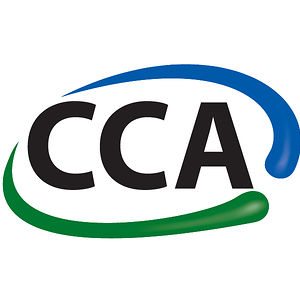WASHINGTON – The Competitive Carriers Association, which represents the smaller and rural American carriers as well as counts Sprint and T-Mobile US among its members, has been lobbying the Federal Communications Commission in regard to the 600 megahertz auction since it was first announced. Now the CCA is pushing strongly for the FCC to maximize reclaimed spectrum and ask the commission to recognize the need for LTE-Unlicensed.
The LTE-U vs. Wi-Fi debate has heated up in recent weeks with LTE-U supporters launching a new coalition that includes several major carriers. Simultaneously, a new series of ads has appeared on YouTube comparing Wi-Fi’s treatment of LTE-U to a playground bully. CCA members have been looking to LTE-U as a potential edge in their respective markets.
CCA President and CEO Steve Berry endorsed this in a statement saying, “I am pleased the FCC recognizes the increasingly important role that unlicensed technologies play in the mobile industry. Consumers have come to rely on unlicensed and licensed technologies working together, and to meet consumer demand, the FCC must ensure there are opportunities for both to succeed.”
Berry was focused on ensuring there is enough spectrum for his members.
“Many competitive carriers are in dire need of additional spectrum and rely on both licensed and unlicensed technologies to best serve their customers,” Berry said.
The paradigm of the upcoming 600 megahertz auction has been shifted in recent days by Sprint’s decision to bow out.
RCR Wireless News columnist Jeff Kagan noted, “Sprint is in a unique position in the wireless industry. While other competitors need spectrum to one extent or another, Sprint has what it needs for now.”
Those who remember also noted that Sprint ultimately opted out of the last auction, which went on to shatter expectations and net more than $40 billion in revenues.
CCA, whose members maintain a close relationship with Sprint through the CCA Roaming Hub, was largely unfazed by the decision. Berry said at the time, “CCA represents more than 100 competitive carriers. As we have long said, the spectrum reserve is not just about Sprint or T-Mobile, but about the 100 other competitive carriers that want and need access to low-band spectrum.”

